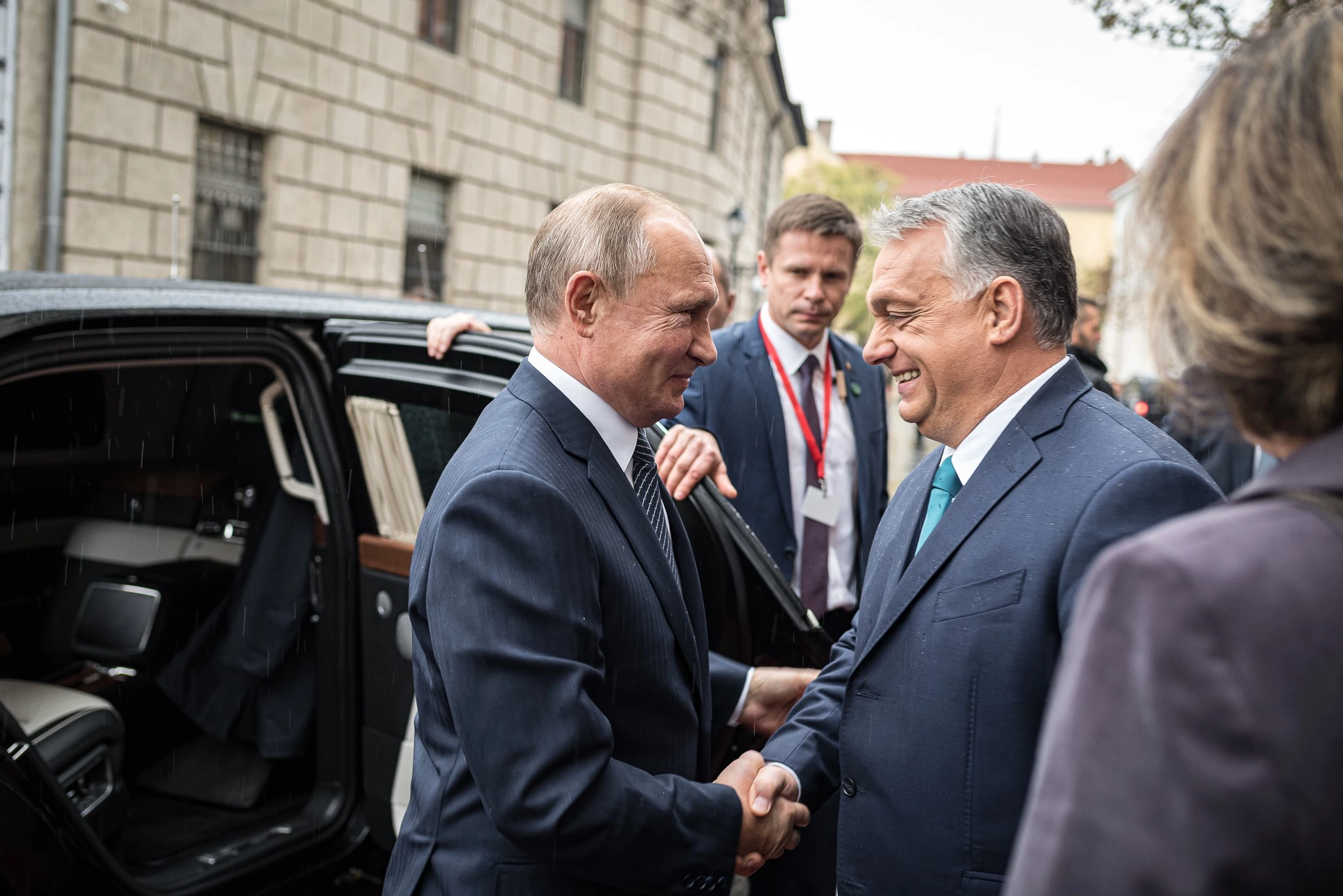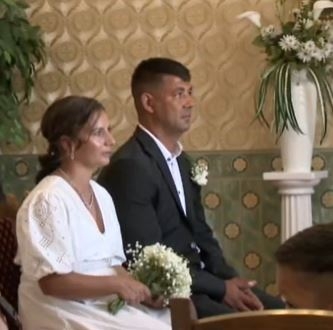Russian rocket scientist fled to Hungary – will he be extradited?

He came to Hungary but did not receive international protection from the state. However, the Russia-Ukraine war might rescue him from being extradited to Russia.
Russian “Rocket Man” chose Hungary, not Austria
Anatoly Lazarev (68) claims that he refused to pay for Putin’s party. As a result, Russian authorities charged him with fraud, investigations started, and state authorities broke his career. Therefore, he fled to Hungary. However, Moscow demanded extradition, and Hungary’s asylum office did not grant him protection status. They said the Russians promised to respect human rights and would not conduct a “political persecution based on political, ethnic, religious, national or other grounds” if they get him back.
However, Russia left the Council of Europe after the invasion. That can change everything, rtl.hu wrote.
Nick Thorpe, BBC’s Hungary correspondent, summed up Mr Lazarev’s story two weeks ago. According to his report, Lazarev worked for Roscosmos, the Russian space corporation, and its daughter companies. Therefore, he was in the heart of Russia’s rocket development sector, building the fuel systems for the Soyuz-2, Proton and Angara rockets.
Problems started in 2012. He was asked to give 1 million dollars to Putin’s United Russia, which he refused. Then the secret police came, and investigations started. “Why don’t you just pay up?” a police inspector asked him. But Mr Lazarev remained steadfast. He left Russia with his wife and two small children. He drove through Belarus to Vienna but chose Hungary finally.
He chose Hungary because of the spas
“I once visited a friend at a spa here, liked it and thought one EU country would be much like another. And if need be, the courts would defend me” – he said.
In 2019, the Hungarian police arrested him even though his asylum request was already under review. In 2020, a Hungarian court released him into house arrest and asked Hungary’s asylum office to re-examine its decision to reject his asylum claim. However, the office rejected that claim because they said that the Russian chief prosecutor had “offered guarantees that their (extradition) request was not aimed at political persecution based on political, ethnic, religious, national or other grounds”.
And the Hungarian asylum office believed them.
Tamás Fazekas, a lawyer from the Hungarian Helsinki Committee representing Mr Lazarev, says that “the influence of the Hungarian government’s politics is clear in the asylum authority’s decision. When we are so dependent on Russian oil and gas, and as it is so clear that the Hungarian prime minister is in a good friendship with Mr Putin, it would be not just naive but stupid to believe that this is not affecting the decisions of the Hungarian authority” – he added.
Lazarev and his family have been living in Hungary since 2018. His children speak the language fluently. His elder son even told his father recently that he dreams in Hungarian.
“I fully understand that Hungary is a very small country, surrounded by big countries. That it must be very difficult to follow independent policies” –
the “Russian Rocket Man” said.
Russia left the Council of Europe after the invasion
BBC wrote that another case might give Mr Lazarev hope. “Businessman Alexei Torubarov eventually won asylum in 2019 after his case went all the way to the European Court of Justice” – Nick Thorpe recalled.
Rtl.hu added that after the Hungarian asylum office’s rejection, the court took the case back and abolished its decision again. Furthermore, they obliged the asylum office to conduct a third procedure.
József Szabó, a spokesman of the Budapest court, told rtl.hu that Russia left the Council of Europe on 15 March 2022, not long after the beginning of Moscow’s invasion of Ukraine. As a result, Russia is no longer a signatory party to the relevant agreement, including the European Convention of Human Rights.
Therefore, the Russian chief prosecutor’s guarantees are doubtable, and the asylum office should investigate the consequences. Mr Szabó said the court’s standpoint is that Mr Lazarev should receive protection status in Hungary. If that happens, the Russian rocket scientist cannot be extradited.
Source: bbc.com/Nick Thorpe, rtl.hu



Question can be asked of Male Ukraines – aged 18 to 61 – who under Ukrain Law, should be “at call” to defend there country, if they are called to duty.
Ukraine motor vehicles – top shelf class of Motor Vehicles, in District V – being driven around by Male Ukraines – in the age bracket – 18-61.
Penthouse accomadation in apartment blocks in District V – the question is – HOW and WHO – let them cross the border from the Ukraine into Hungary ???
Palms “greased” or are they illegal immigrants ???
Are Government agents or authorities – doing any “on the spot” checking of there credentials ?
The Russian “rocket man” – mates do mates FAVOURS and he will be FAVOURED.
I feel very sad and sorry for G’din Lazarev, and even more so for his family who seem to have fallen in love with Hungary and its people.
Unfortunately, he made a HUGE mistake of choosing Hungary to seek asylum in. I have no doubt that most of the other EU countries (and the UK, and U.S. and Canada) would have granted him one.
I think most of us know (all too well) what awaits G’din Lazarev (IK-6) upon being returned to the “welcoming” bosom of the FSB.